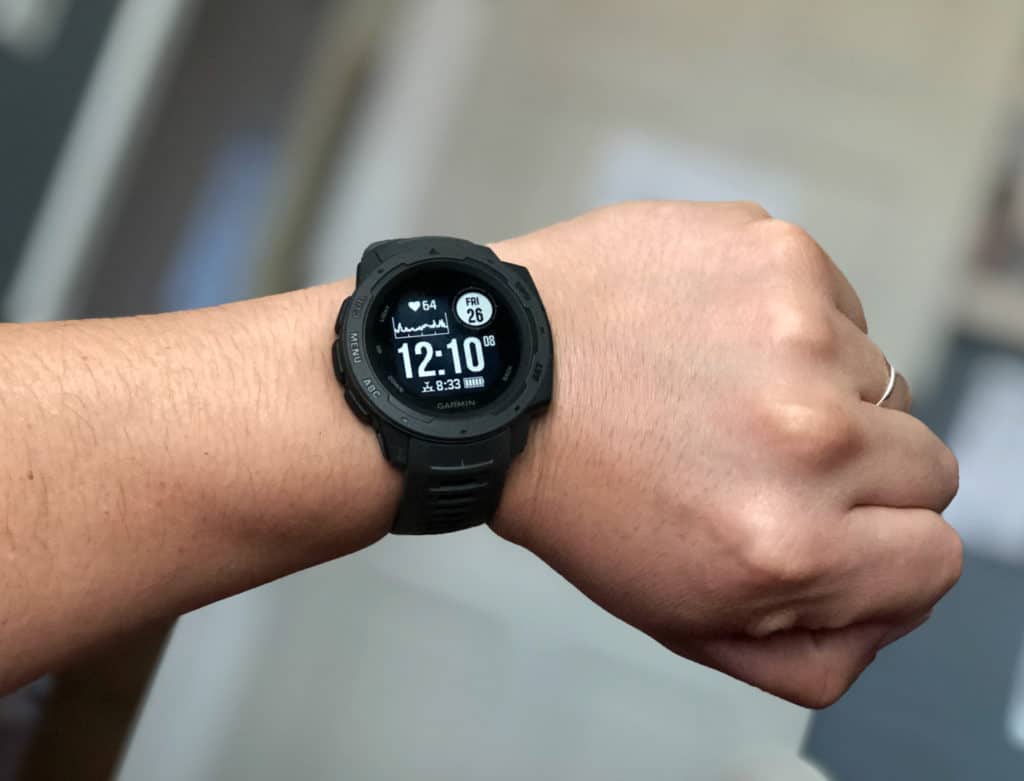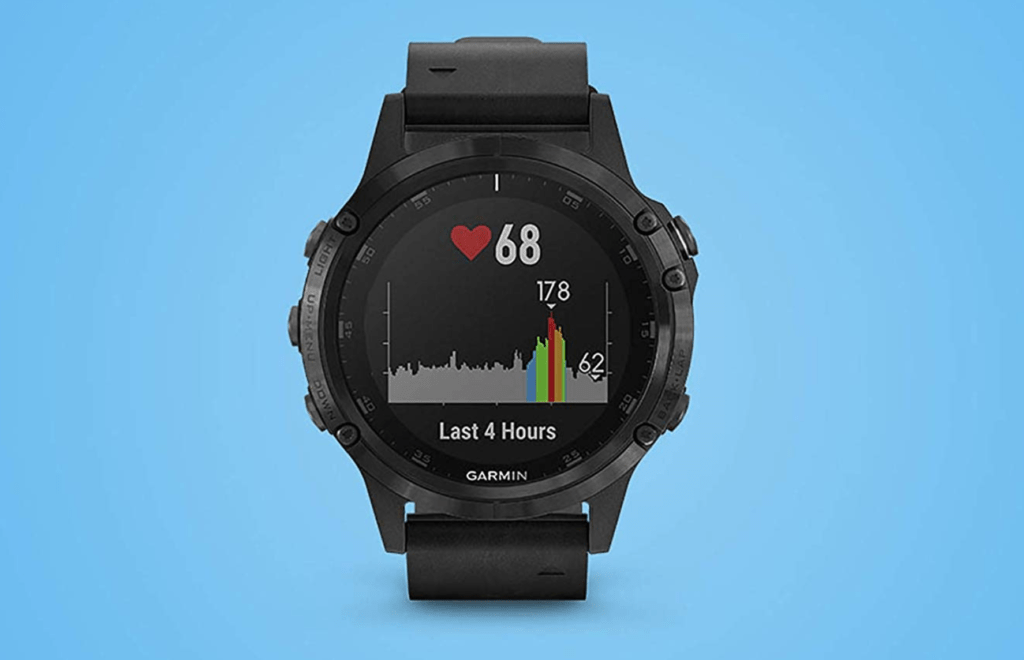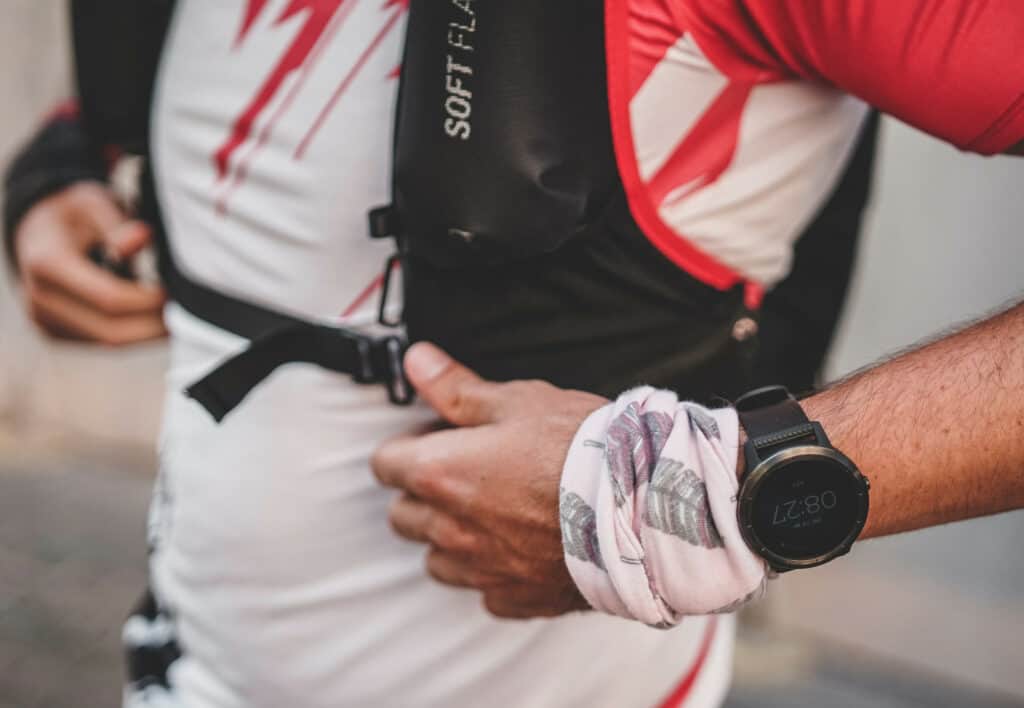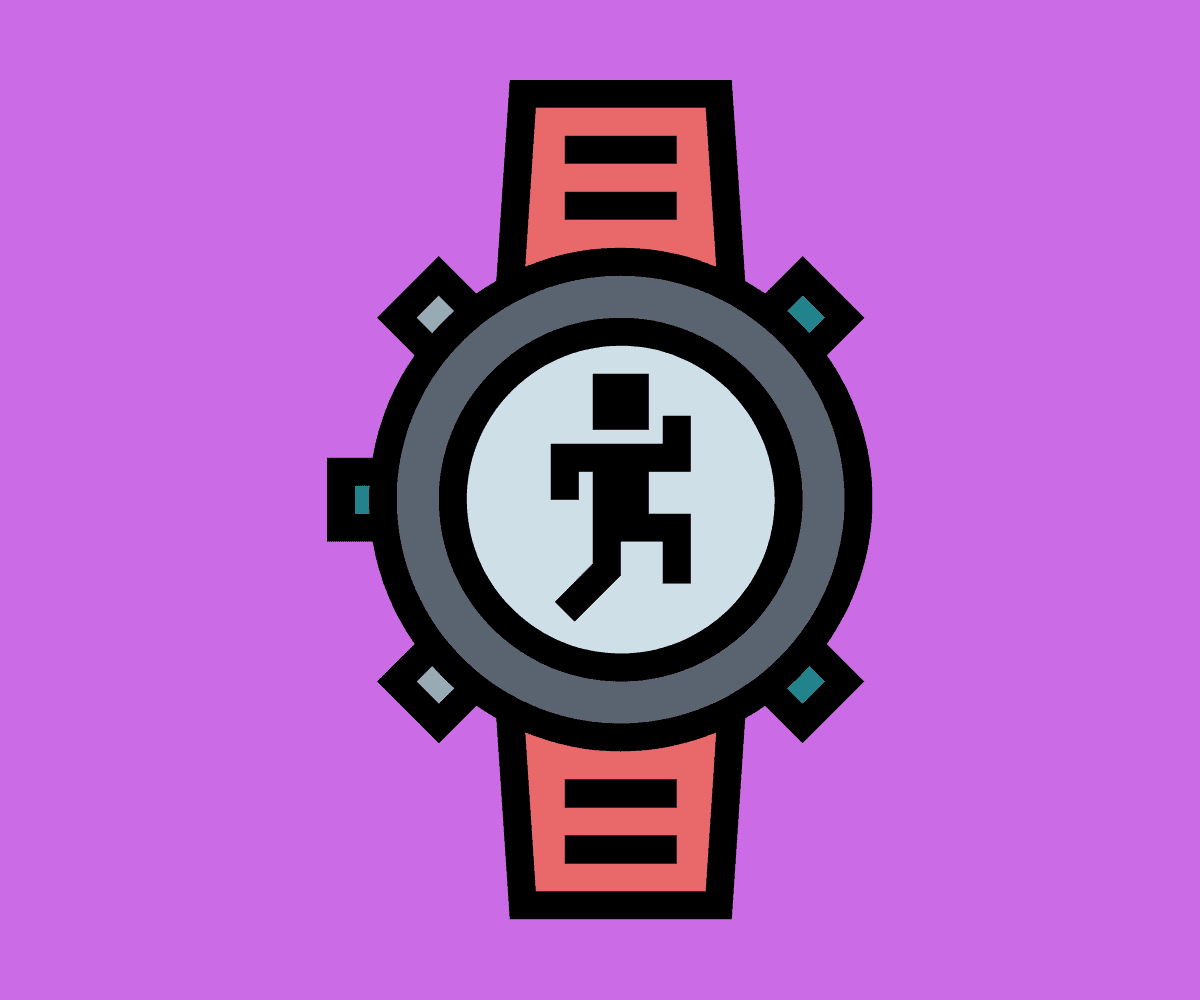Most Garmin watches feature Body Battery, a tool that is designed to track your energy levels. But how does it work? In this guide, we’ll show you how the data is collected, how to interpret it, and what it all means…
If you use a Garmin watch for tracking your workouts, you’ll probably have noticed the Body Battery metric which is a quickly accessible reading of your perceived energy levels.
If you’re into training smart, Body Battery is a great tool to leverage. In this guide, we’ll explain what Body Battery is, how it works, and how you can use it to train smarter and recover faster.
What is Body Battery?
The first thing you need to know about Body Battery is that its readings are estimations – they are not empirical. The reading you get is based on Heart Rate Variability, Stress, and Activity.
From these data sets, Body Battery comes up with a number out of 100 and this is your perceived current level of energy.
More Garmin Related Stuff:
Obviously, the higher the rating the better. And, yes, as you progress through the day, the number will go down for obvious reasons.
The point of Body Battery is to give you quick access to your energy levels.
You might feel mentally fatigued from sitting at a desk at work for eight hours, for example, but physically you’re perfectly ready for a workout.

If this is the case, you’ll have a high Body Battery reading and this is a good indication that you’re ready to go for a workout.
In this respect, it is a handy tool to monitor whether or not your body is ready for a workout or not. If you work a desk job, for instance, you can feel tired but, after a 30-minute run, feel completely invigorated.
There is a massive difference between physical tiredness and mental tiredness. But, annoyingly, they often feel the same. Body Battery will help you navigate this difference and make better choices about when you should and shouldn’t work out.
For instance, by 6pm most days, after working all day, I feel fatigued, tired, and grumpy. But then I’ll force myself to go for a 5K or 10K run and by the end I’ll feel 10x better than I did before I set off.
However, if I’ve been training a lot and my Body Battery is low by the time it gets to 6pm, I’ll leave the run and just rest and relax. I also limit screen time in the evening, switch workouts for walks with my dog, and work on stretching if all else fails.
In my experience, I’ve found that Garmin’s Body Battery is pretty accurate.
If I’m running too much for my abilities, it is there in black and white. If I’m under-training, again, it is there for me to see. Having this metric at your disposal is very useful.
Charged or Drained?
If you have a compatible Garmin watch, inside the Connect app you’ll see settings for CHARGED and DRAINED. These metrics basically tell you how much rest you’ve had versus how much energy you have expended.
In the morning, if you’re well rested, you should have a high charge and minimal drain. If you immediately go for a run, you will start to drain your Body Battery reading – the reading will go lower.
The key to getting a good charged reading inside Body Battery is rest and recuperation. If you’re running 20 to 30 miles a week, you need to be getting adequate rest – at least eight to nine hours of sleep a night.
If you’re really pushing yourself, your stress levels will obviously be higher, so your drained rating will be constantly high. Body stress and increased heart rate readings over prolonged periods of time reduce your Body Battery score.
The idea with Charged and Drained inside Body Battery is to help you get a good handle on how much training and rest you need to do. If one is completely out of whack with the other, you’re likely doing somethings wrong and will need to adjust accordingly.
For instance, say, you haven’t run for a few months, then you decide you’re going to get back on it and do 5K every day for a month. This will be a huge shock to your system and it will show in Body Battery – it’ll be low more often than not.
Similarly, your DRAINED reading will be significantly larger than your charged reading, as your body will be incredibly stressed. This is why it is always better to do a little often and build up your tolerance (especially when it comes to running).
How Do You Recharge Body Battery?
The best way to recharge your Body Battery is to get adequate rest. This means a minimum of eight hours sleep a night.
You’ll also need to wear your Garmin watch to bed in order to get consistent readings during the night which will contribute to an improved Body Battery score in the morning.

This is why it is important to get a Garmin watch with good battery life. Me personally, I use the Fenix Series 6 – it is incredible.
Because Body Battery measures things like stress, as well as your heart rate, you’ll also want to avoid stimulants at night – stuff like caffeine, alcohol, and nicotine. These will all drain your Body Battery.
If you’re prone to waking up a lot in the night, this too can have a negative effect on your Body Battery reading. Basically, to get a good Body Battery reading, you need good-quality sleep. And lots of it.
My Body Battery is Low But I’ve Slept – What Gives?
If you think you’ve had a good night’s sleep but, up on waking, your Body Battery is still low, you might have bitten off more than you can chew with respect to training.
Similarly, you could be more stressed than you realise. This is why things like meditation are important – it helps you to regulate stress hormones in your body.
If you’ve undertaken a new training regime, or you’re pushing for new speed and/or distance PRs, this too can cause your Body Battery not to top up correctly.
How do you feel in your self? If you feel fine and full of energy, regardless of what Body Battery says, you’re probably doing stuff right. As noted in the intro, Body Battery is just an approximation. It cannot replace your own intuition.
What Effects My Body Battery Reading?
Here’s a breakdown of ALL the things that can and do affect your Body Battery rating, according to Garmin.
| External Physical Factors | Positive Emotions |
| Alcohol/Stimulants Excessive Physical Activity Extreme Temperatures Bright Light/Loud Noises | Anticipation Exhilaration Thrill/Excitement Joy |
| Internal Physical Factors | Negative Emotions |
| Infection/Disease Pain Dehydration/Indigestion Exhaustion | Anxiety Fear Sorrow Being Overwhelmed |
Why is My Body Battery Always Low?
If your Body Battery is always low, chance are you’re doing too much with not enough aerobic fitness under your belt. This is a common mistake made by new runners.
You do a few weeks, think you have what it takes to start pushing, and you end up taxing your system too much with extreme workloads. I know this because I have done it multiple times.
This stress adds up quickly, cortisone is released and remains flowing around your body. You ache. You get inflamed and you retain water weight – this is why some people put weight on when they start exercising despite cutting calories.

The best solution to this is to dial it right back; go easy 80% of the time. Use a run/walk program to build up your aerobic base.
Do this for six to eight weeks and then see how you get along running 5K and 10K.
Even elite athletes train easily 80% of the time, with 20% reserved for speed and strength work. This ensures they have endurance and a solid aerobic base. Ironically, studies have shown that athletes that train consistently at lower heart rates race faster than those that do tons of speed work.
Once you start dialing back your training to something less intense, operating solely in zone one or zone two, you’ll see your Body Battery start to improve. And as it improves, you can then start modifying your training as your fitness improves.
More Garmin Related Stuff:


